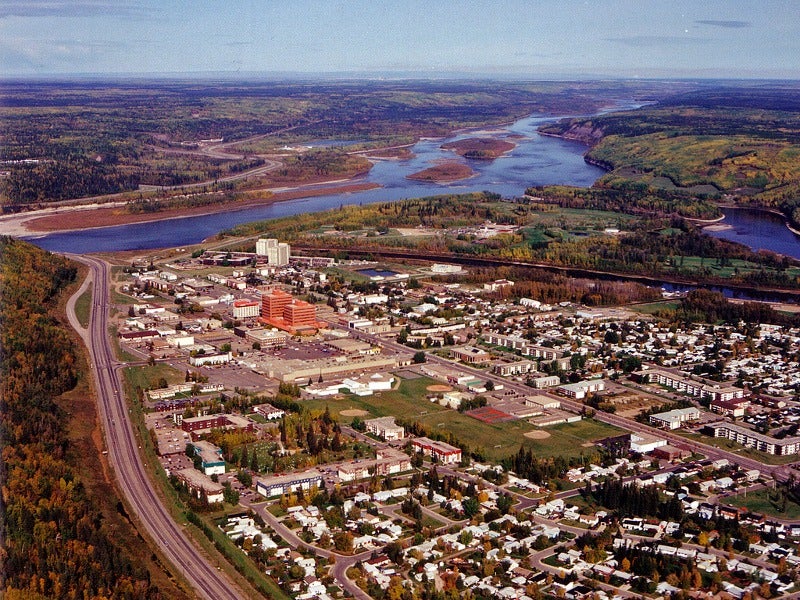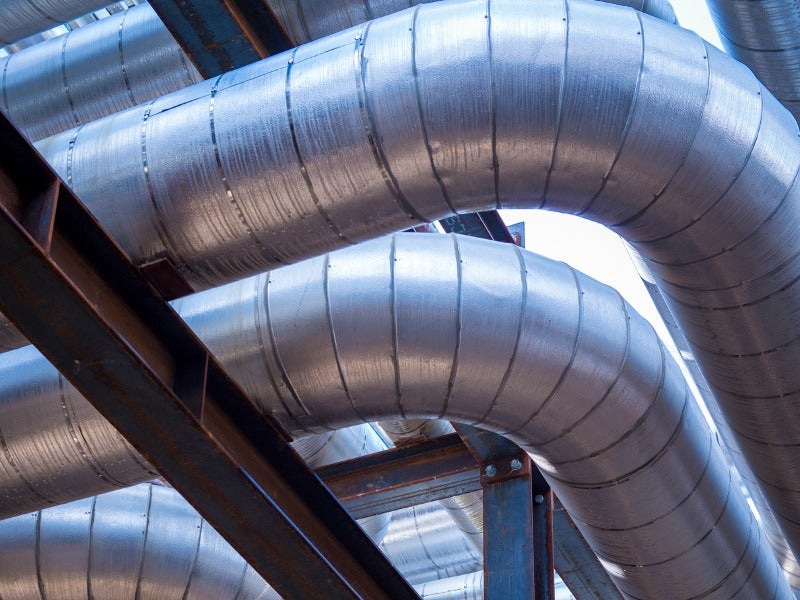Aspen oil sands project is a steam-assisted gravity drainage (SAGD) oil sands project being developed by Imperial Oil. The project is located approximately 45km north-east of Fort McMurray, Alberta, Canada.
Aspen will be one of the first oil sands projects to use the next-generation solvent-assisted SAGD oil sands recovery technology to reduce greenhouse gas emissions.
Construction on the C$2.6bn ($1.98bn) project was started after Imperial Oil announced the final investment decision (FID) for the phase one development in November 2018.
The phase one development is expected to produce 75,000 barrels of bitumen a day (bpd), starting from 2022.
The phase two development will further expand the production capacity to 150,000bpd, over an estimated project life of 40 years.
The Aspen oil sands phase one development is expected to create 700 construction and 200 operational jobs.
Aspen oil sands project details
Planned to be developed in two phases, the Aspen oil sands project will produce up to 150,000bpd of bitumen at full capacity.
The complete project development plan includes installation of 50 well pads with 370 well pairs. The wells will be connected to the central steam generation and bitumen processing facilities.
Solvent-assisted SAGD technology will be employed to recover bitumen from the oil sands trapped approximately 250m below the ground surface.
The production and injection wells will be closely spaced to each other. The solvent-assisted steam to be injected into the reservoir will heat the bitumen, which will pass to the production well with the help of gravity. Additional electrical submersible pumps are also planned to be used to pass the heated bitumen to the production wells and then to the surface pipelines.
The bitumen extracted through the production wells will be sent to the central processing facility, where bitumen, water, and gas will be separated. The water extracted in the process will be reused for generating steam, while diluents will be used to pass the bitumen through pipelines to the refineries.
The solvent-assisted SAGD technology is expected to reduce the greenhouse gas emissions intensity and water use intensity by up to 25%, compared with the traditional steam-assisted oil sands recovery technology.
Infrastructure facilities for the Aspen oil sands project
The water required for steam generation will be sourced from three surface water bodies, three groundwater wells, and seven borrow pits.
The central processing facility of the project will house facilities for water processing, recycling, and waste management, along with the bitumen processing facilities.
A co-generation plant to produce power and steam using the waste heat has also been planned as part of the project.
Contractors involved
Babcock & Wilcox Enterprises was awarded the contract to design and supply five multi-circulation MCFM 200-120 boilers and auxiliary components for the Aspen oil sands project in December 2018.
Acden Lakeshore Contracting was contracted for the civil works of the Aspen oil sands project in November 2018.
Imperial Oil signed an agreement with McMurray Métis for consultation and environmental services for the project in May 2018.




